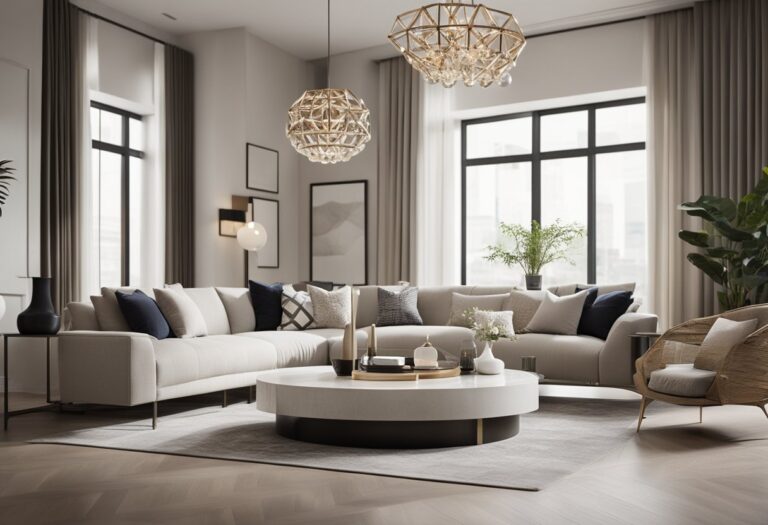
Designing a kitchen that seamlessly blends style, functionality, and comfort is no small task. It’s the heart of your home, where meals are prepared, memories are made, and conversations flow.
Creating a unified space requires careful consideration of every element, from the layout to the finishing touches.
By focusing on how each component complements the other, you can achieve a kitchen that not only looks beautiful but also works effortlessly for your daily needs.
Start with a Clear Vision
Before diving into the specifics, it’s essential to have a clear vision of what you want to achieve. Are you aiming for a sleek, modern kitchen with clean lines, or do you prefer something more rustic and cosy?
Your vision will guide your choices in materials, colours, and layouts. Think about how you use your kitchen: do you need more space for cooking, or is dining and socialising the main focus?
Prioritise Functionality
While aesthetics are important, functionality is the backbone of any good kitchen design. Start by considering the layout.
The classic kitchen triangle—placing the sink, hob, and refrigerator at three points of a triangle—remains a popular choice because it ensures everything is within easy reach.
However, don’t be afraid to adapt this to suit your needs. For example, if you love to cook with fresh produce, having a large prep area close to the sink might be more important than adhering strictly to the triangle.
Another critical aspect of functionality is storage. You can never have too much, but it’s vital to plan it in a way that doesn’t disrupt the flow of your kitchen.
Consider pull-out drawers, corner units, and overhead cabinets that maximise space without cluttering the room. Integrating appliances like dishwashers and microwaves into the cabinetry can also help maintain a clean, streamlined look.
Blend Style with Practical Elements
Now that you’ve got the functionality sorted, it’s time to think about style. The key to a unified kitchen design is ensuring that all elements, from the cabinets to the countertops, work together harmoniously.
A popular way to tie the room together is by using Kitchen Splashbacks. These not only protect your walls from spills and splashes but also serve as a focal point that can add a splash of colour or texture to the space.
Whether you opt for sleek glass, classic tiles, or a statement-making stainless steel, splashbacks are a great way to inject personality while maintaining practicality.
Incorporate Comfort into the Design
Comfort is often overlooked in kitchen design, but it’s crucial if you want a space that’s enjoyable to spend time in. Start with the flooring.
Kitchens are high-traffic areas, so you’ll want something durable, but that doesn’t mean you have to sacrifice comfort.
Cork, for example, is a great option as it’s soft underfoot yet resilient enough to handle the rigours of kitchen life.
If you prefer tiles or hardwood, consider adding a cushioned mat in areas where you spend a lot of time standing, like in front of the sink or hob.
Closure
Designing a unified kitchen that blends style, functionality, and comfort requires careful planning and attention to detail.
With the tips above, you can create a space that’s not only beautiful but also a joy to use.
Remember, the best kitchens are those that reflect your personality and meet your needs, making every meal preparation a pleasure rather than a chore.
Write and Win: Participate in Creative writing Contest & International Essay Contest and win fabulous prizes.

